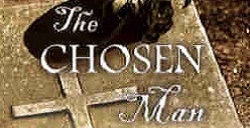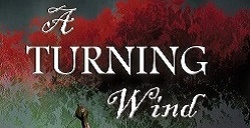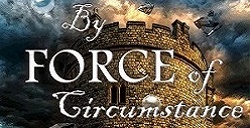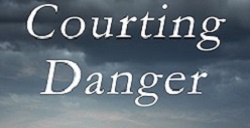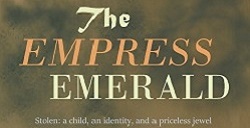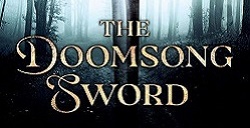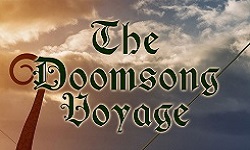

Private Lives
A Bob Robbins Home Front Mystery. (Book 2)
Cozy crime with a sinister twist in wartime England.
While reluctant wartime detective Bob Robbins is enjoying a few days' holiday
he becomes involved in a shooting incident on a derelict farm. An elderly
farmer lies injured, then disappears. A young man is found dead in the barn.
Bob reports the incident to the local police but they are so over-stretched
with Home Front duties he finds himself in charge of the case.
In urgent need of assistance, Bob requests the help of the young
police recruit Laurie Oliver. They take rooms at Peony Villas, an unusual
sort of guest house where a troupe of London actors are in residence, and
where Bob soon finds himself involved in yet another peculiar mystery.
Reviews
The story opens with a bang - literally - when semi-retired
detective Bob Robbins hears shots coming from a nearby farm. What follows,
as Bob is hauled off his holidays and seconded to the local police force,
is a murder mystery full of intriguing leads, blind alleys and absolutely
stuffed full of memorable characters.
Despite the seriousness of the main subject matter - a death and the strange
disappearance of a man whom Bob saw clearly injured who couldn't possibly
have walked away (could he?) - there is so much gentle humour. All of the
characters are seen through Bob's eyes and his perception of each character
is witty. I liked the way Bob thinks and he made me chuckle. His relationship
with his dead wife is brilliantly portrayed. We don't get to hear much about
Joan, but with a delicious economy of words we find out everything we need
to know about their relationship, especially how it's continued since she
passed and the exact moment she stopped 'talking' to him following an indiscretion
with a lady friend ...
We are also treated to economical description which nevertheless paints
the whole scene: the pub is a 'jumble of pint-wielding elbows'. (...)
All of this is delightful, but there is great pathos too. The title of the
book is apt and many family secrets come tumbling out. Bob is astute in
piecing the story together, although he's sometimes hampered by his attraction
to one of the main suspects, but he's also cautious because he is sensitive
to the tragedy behind these family secrets. The cook may be a macabre and
comedic character, but there's a sad and, as it turns out, inevitable reason
for much of his behaviour.
To say any more would be to spoil the brilliant plot. As I said, this book
would not be my usual reading choice and I'm so glad I've read it. Ms Harlond
also writes books set in much earlier historical times and, having been
introduced to her elegant, witty and accomplished writing, I'm off to look
those up." Discovering Diamonds Historical Fiction Reviews
The novel has been published by the Author and is available on Amazon.
Copyright © A.M.Arredondo. All Rights Reserved.
